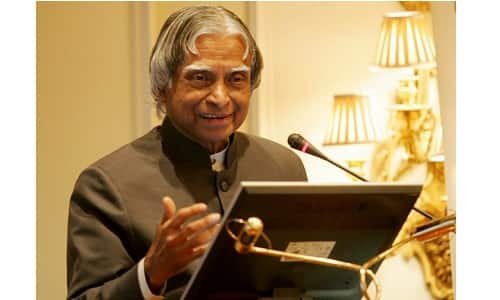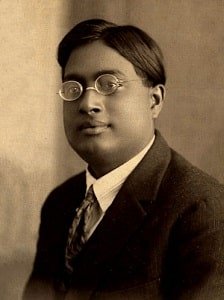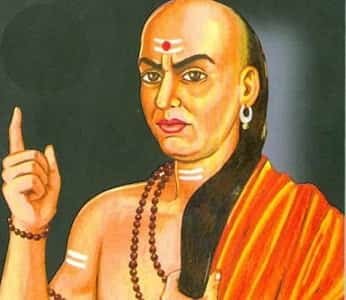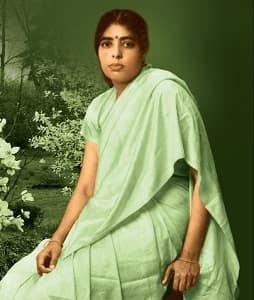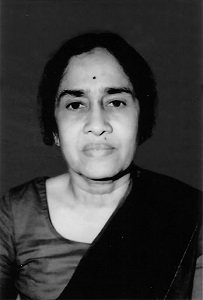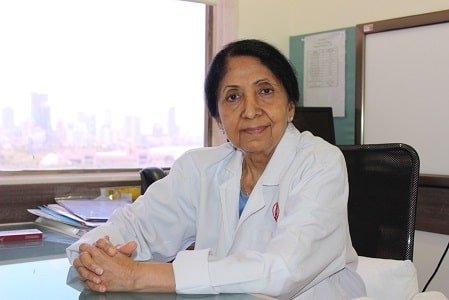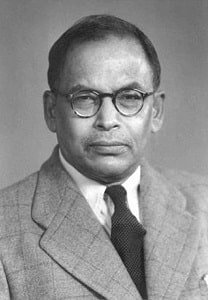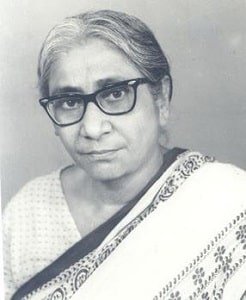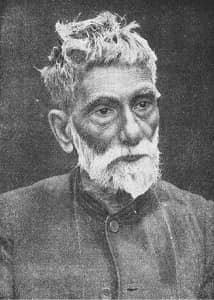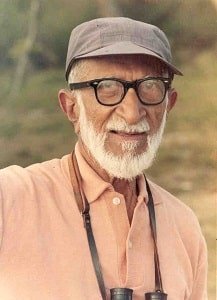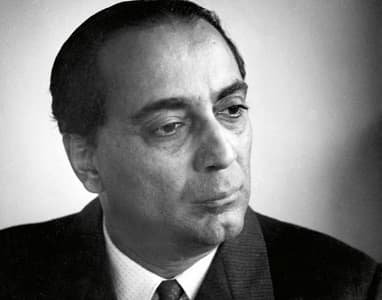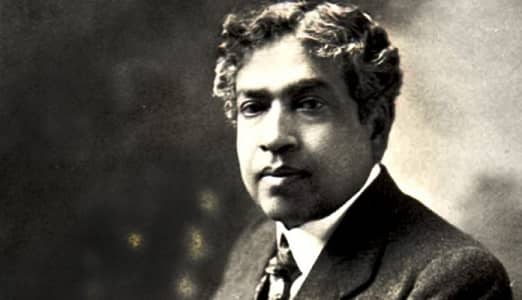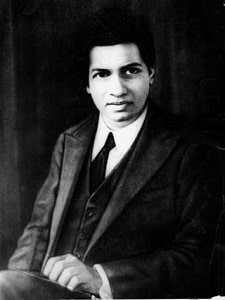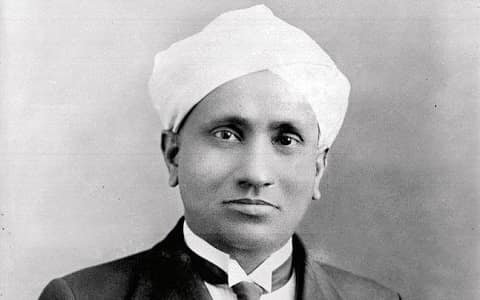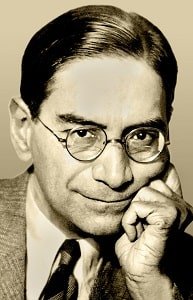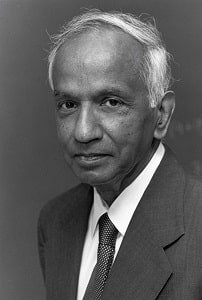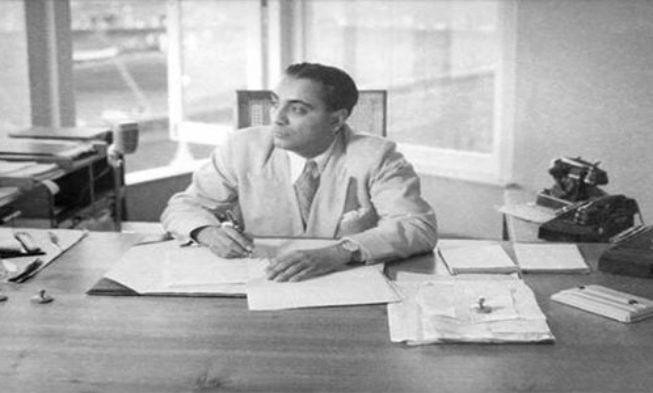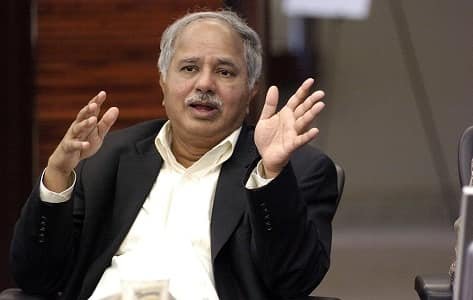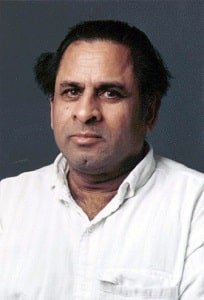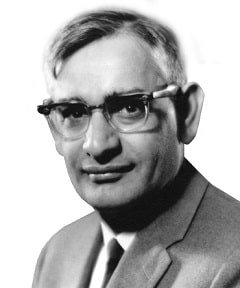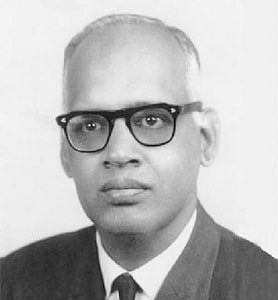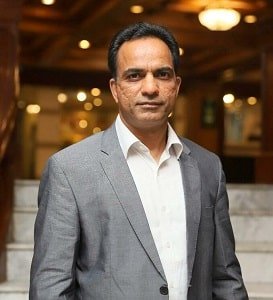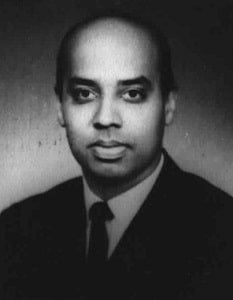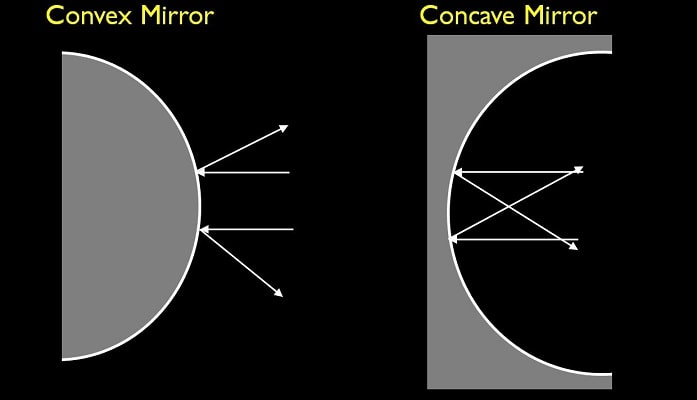From the earliest times to the present, India has been a scientific powerhouse. Satyendra Nath Bose and APJ Abdul Kamal are some of India’s most prominent scientists. Several ancient Indian texts & manuscripts provide evidence of this.
We wouldn’t be here without science. Everything is the result of versatile scientific inventions, tailored to the unique concepts of bright minds.
Here is the list of Indian Scientists and Their Inventions
1. APJ Abdul Kalam
Abdul Kalam, a well-known scientist and politician in India, was born on October 15, 1931, in Rameswaram, Tamil Nadu. He served as president of India from 2002 to 2007 during his one term in office. At the Defence Research & Development Organization (DRDO), he got his start as an aeronautical engineer, working on helicopter designs for the Indian Army.
During his time in charge, India saw a dramatic increase in the production of missiles and the development of nuclear weapons. On July 27th, 2015, India’s Missile Man, APJ Abdul Kalam, died.
2. Satyendranath Bose
Satyendranath Bose, a prominent Indian scientist, physicist, and mathematician, is probably most famous for his collaborative efforts with Albert Einstein on the base of Bose-Einstein statistics & his work on quantum mechanics.
In addition to being a part of the London Royal Society, he received the Padma Vibhushan (India’s second-highest civilian honor) in 1954. In 1937, Rabindranath Tagore dedicated Visva-Parichay, his lone work on science, to him. Paul Dirac, a well-known physicist, was the inspiration behind the term “bosons,” which was given to a group of particles that adhered to the bose-Einstein statistics.
4. Aryabhatta
Aryabhatta’s work in mathematics and astronomy brought him to the attention of the general public. Among Indian mathematicians, Aryabhatta is among the best known, and in fact, one of the very first. Born in Pataliputra, in the Guptas era of their Empire in 475 CE, he was renowned for his expertise in astronomy.
The mathematician and astronomer have written numerous treatises on both subjects. To this day, he is widely revered as the author of a large number of mathematical works. Sadly, many of his writings have been lost to time, but a few have survived and are regarded highly by modern scholars.
Furthermore, his discoveries and inventions have made our country proud. This has inspired generations of budding researchers to follow in his footsteps and discover new things.
5. Janaki Ammal
In 1977, Ammal has become the first scientist in India to receive the Padma Shri Trophy and go on to hold the prestigious position of director-general of India’s Botanical Survey.
In the early 1900s, Ammal decided to major in botany, an uncommon choice for a female student. In 1921, she graduated with honors from Presidency College with a degree in botany. As part of her scientific research, she focused on the study of cytogenetics and phytogeography, two branches of genetics that deal with the relationship between the chromosomes and the cell’s behavior.
Sugarcane and Brinjal are two of Ammal’s best-known subjects.
6. Kamali Sohoni
Sohonie was the first Indian female to receive a Ph.D. in scientific research. She applied for a research grant at the Indian Institute of Science (IISc) and was turned down because she was female. She was Prof. CV Raman’s first female student when he was the director of IISc.
Raman gave her the go-ahead to continue her studies because of her impressive performance. She found that the enzyme ‘cytochrome C,’ which is engaged in the plant cells’ oxidation was present in all cells of plant tissue.
7. Dr. Indira Hinduja
In 1988, Dr. Indira Hinduja, an Indian gynecologist, obstetrician, and infertility specialist, invented Gamete intrafallopian transfer technique, which resulted in the birth of India’s first GIFT baby on January 4, 1988.
On August 6, 1986, she gave birth to India’s 1st test-tube baby at King Edward memorial hospital. On January 24, 1991, she gave birth to the country’s first baby using an oocyte donation technique that she developed for menopausal & premature ovarian failure patients.
8. Meghnad Saha
Meghnad Saha, one of India’s most prominent scientists and astrophysicists, was born on October 6, 1893, in Shaoratoli, nearby Dhaka (now Bangladesh).
Saha Ionization equation is one of the fundamental tools for understanding the physical/chemical conditions in stars, and he developed it under his guidance. His inventions included a device to measure the weight and pressure of solar rays.
He was India’s go-to man for river planning, and he drafted the Damodar Valley Project’s original blueprints. He was the founding member and editor-in-chief of the science Journal & Culture and a renowned scientist. His name was given to Kolkata’s Saha Institute in 1943. In New Delhi, he died on February 16th, 1956.
9. Asima Chatterjee
In organic chemistry, Asima Chatterjee had a profound impact. Her study on vinca alkaloids and the development of the anti-epileptic drug Ayush-56 have made her a household name.
In recognition of her work in synthetic organic chemistry and plant product chemistry, she was the second woman in India to be awarded a Doctorate of Science from an Indian university.
10. Prafulla Chandra Ray
Prafulla Chandra Ray is widely considered the founder of chemical science, and he was born in Raruli-Katipara village (in present-day Bangladesh). He founded Bengal Chemicals and Pharmaceuticals, India’s first pharmaceutical company, in Kolkata in 1901.
The Chemistry Royal Society awarded him the Chemical Landmark Plaque beyond Europe for his contributions.
11. Salim Ali
Salim Moizuddin Abdul Ali, aka the Birdman of India, was born on November 12th, 1896 in Mumbai, Maharashtra. He was the first Indian to conduct comprehensive surveys of the country’s bird population, and he was also a naturalist and ornithologist.
One of India’s most influential scientists, he was instrumental in the formation of the bird sanctuary in Bharatpur and helped to build up the Bombay Natural Society.
12. Homi Jehangir Bhabha
Homi Jehangir Bhabha celebrated his birthday on October 30, 1909, and is widely recognized as the founder of India’s nuclear program. He played a pivotal role in persuading the Congress Party’s top leaders, including Jawaharlal Nehru, to launch an ambitious nuclear program in India. He was a renowned nuclear physicist.
As chairman of the Atomic Energy Commission, he formed the Tata Institute Fundamental Research in Mumbai as well as the Tata Institute for Basic Research in 1945. On January 24, 1966, Homi Bhaba perished in a helicopter crash while en route to Austria.
13. Jagadish Chandra Bose
Jagadish Chandra Bose, widely regarded as the god of Bengali sci-fi, was born on November 30, 1858, in Mymensingh, Bengal Presidency (present-day Bangladesh). Plant science has benefited greatly from his contributions, like the discovery of the crescograph, a gadget that could quantify the rate of plant growth. In addition, he was a trailblazer in the field of radio & microwave optics, which he helped to pioneer.
He was one of few scientists who did not want to patent any of his discoveries. A crater on the moon has been named in his honor. On the 23rd of November 1937, J. C. Bose died.
14. Srinivasa Ramanujan
Indian mathematician Ramanujan was born in Tamil Nadu on December 22, 1887. He was an influential figure in mathematical modeling, infinite series, numerical methods, and continued fractions.
The partition formulae, mock theta functions, Ramanujan prime, Ramanujan theta function, etc. were all developed by him as an independent mathematician.
The Ramanujan Journal is a scientific journal dedicated to publishing research in all fields influenced by him. Being one of the youngest Royal Society fellows and the first Indian to also be elected a fellow at Trinity College, Cambridge, was quite an honor for him. On the 26th of April, 1920, Ramanujan died.
15. C.V. Raman
In the sector of light scattering, Chandrasekhara Venkata Raman had been an influential Indian physicist. The Raman effect, named after him and discovered by him in 1888 in Tamil Nadu’s Trichy, was a phenomenon of light scattering. In 1930, he became the first Indian as well as Asian to get the Nobel Prize for Physics for his groundbreaking work. In 1954, the Indian government bestowed upon him the highest civilian honor, the Bharat Ratna.
16. Prasanta Chandra Mahalanobis
He was born on June 29, 1893, in Calcutta (then known as Kolkata), West Bengal, to the eminent scientist & statistician Prasanta Chandra Mahalanobis. Mahalanobis distance is a well-known statistical measure that he developed. He was one of the first members of India’s independent Planning Commission and the man who founded the Indian Statistical Institute. When it comes to designing large-scale surveys and conducting anthropometric studies, he has made a significant impact in India.
17. Subhramanyan Chandrashekhar
The 1983 Nobel Prize in physics went to Indian astrophysicist Subrahmanyan Chandrashekhar. Because of his contributions to understanding how stars form and evolve, he received a Nobel Prize in physics.
When he discovered that massive stars may collapse on their gravitational pull to infinity, he became a household name in the scientific community. Today, we refer to these shattered stars like neutron stars and black holes.
18. Birbal Sahni
Birbal Sahni, an Indian paleobotanist and scientist, is widely recognized. His work on Indian subcontinent fossils has made him a household name. Some of the oldest fossils in the world were discovered by him. According to reports, these ancient fossils come from a variety of different locations across the United States.
19. Raj Reddy
Computer scientist Raj Reddy is indeed an award-winning Indian citizen. He has been credited with laying the groundwork for the development of the AI system we use today.
A large part of his work focuses on the development of large-scale intelligence systems. As a result, artificial intelligence (AI) systems have become increasingly popular in recent years. Like Google’s Assistant, Alexa, Siri, and other virtual assistants.
20. SS Abhyankar
The mathematician SS Abhyankar is indeed a household name. He is well-known in the field of algebraic geometry for his groundbreaking work. Professor of maths at Purdue College at the moment of his death, he held the position of distinguished professor He taught computer science & industrial engineering in addition to mathematics.
21. Har Gobind Khurrana
He was an Indian scientist who has won numerous awards. In 1968, he was honored with the Nobel Peace Prize. Biochemistry was the subject of his research. He is known for his work demonstrating how nucleotides in nucleotide bases control protein synthesis.
Dr. Har Gobind Khorana, Marshall Nirenberg, and Robert Holley won a Nobel Prize for Drug and Physiology in 1968 for discovering the genetic code. They discovered that this code, which is shared by all living organisms, is the biological language.
22. G.N Ramachandran
On September 1, 1952, at the tender age of thirty, he took up residence in Madras as a Professor of Physics at the Madras University.
Collagen is a fibrous protein which is found in bone, skin, and tendon. Its structure was first proposed by crystallographer and chemical engineer J.D. Bernal during a 1952 visit to the university. Based on limited data at the time, in 1954, he and Gopinath Kartha proposed the collagen triple-helix structure which later evolved into the coiled-coil form for biomolecules in light of new information.
Molecular Biology Institute was established in 1971 when Ramachandran went back to Bangalore.
Today, the IISc’s Biophysics Unit has grown into a major research hub.
23. Harish Chandra
Harish Chandra studied theoretical physics at the Allahabad University in Kanpur, where he also went to school. Throughout his career, Harish Chandra has won numerous awards. he was an honorary member of the Academy of Indian National Science and the science Indian Academy.
The Indian National Science Academy awarded him the Ramanujan Medal in 1974. For his work on the depictions of semisimple Lie algebra & groups, he was awarded the Cole award from the American Maths Society in 1954.
Lie group representation theory, harmonic analysis, and other fields have been enriched by his work, which continues to this day.
24. M.K Vainu Bappu
Vainu Bappu was raised by a senior astronomer at Hyderabad’s Nizamiah Observatory. Vainu Bappu was a brilliant student throughout, excelling in both academics and extra-curricular activities.
In 1953, he returned to India and established the UP state Observatory in Nainital, largely through his efforts. In 1960, he moved from Nainital to Kodaikanal, where he became the first director of the observatory. As a result of his efforts, the location has been transformed into a thriving hub for astronomical research.
He began looking for a suitable location for a stellar observatory after realizing that Kodaikanal Observatory had been insufficient for stellar observations. His efforts resulted in the construction of a completely indigenous 2.3-meter telescope in Kavalur. It was renamed after him when he was inaugurated as the director of the observatory in 1986.
Indian Women Scientists
Throughout the history of Indian science and technology, Indian women have played a significant role. Indian women have been instrumental in the advancement of science in India, despite the many obstacles they have had to overcome. The following are some of India’s greatest scientists:
- Ritu Karidhal, Scientist
- Rohini Godbole, Physicist
- Anna Mani, Physicist
- Rajeshwari Chatterjee, Scientist
- Kalpana Chawla, Astronaut
- Asima Chatterjee, Chemist
- Janaki Ammal, Botanist
- Charusita Chakravarty, Scientist
- Yamuna Krishnan, Researcher
- Shubha Tole, Neuroscientist
- Bibha Chowdhuri, Physicist
- Kamala Sohonie, Biochemist
- Aditi Pant, Oceanographer
- Tessy Thomas, Scientist
- Darshan Ranganathan, Chemist
Indian Scientists Who Earned Nobel Prize
The Nobel Prize is largely regarded to be the most prestigious award for those who have made significant contributions to the advancement of humanity. This renowned award is presented annually by Swedish & Norwegian institutions in a ceremony that dates back to 1901. These awards are given to people who have made a significant contribution to humanitarian causes in their fields. Their work has gained widespread acclaim across the globe:
- CV Raman
- Venkatraman Ramakrishnan
- Subrahmanyam Chandrasekhar
Indian Scientists Ruling in NASA
Famous Indian scientists have chosen to work for NASA, ISRO, and other government agencies, as well as for private companies. The following is a list of Indian scientists who have worked with NASA or still working with them:
Kamlesh Lulla
Dr. Kamlesh Lulla, one of India’s most prominent scientists, holds two PhDs in Environmental Science & Geoscience Remote Sensing. He’s one of NASA’s most well-known and respected scientists around the world.
Meya Meyyappan
NASA’s Center for Nanotechnology is led by Meyya Meyyappan, its Lead Scientist for Exploration Technology. He is also a founding member of the International Women’s Gaming Network (IWGN). This National Nanotechnology Initiative is the focus of IWGN’s work.
Sunita L. Williams
Scientist Sunita L. Williams is well-known in India. An M.S. in Engineering Management had been selected by NASA in 1998 as an astronaut candidate. With four spacewalks totaling 29 hours & 17 minutes, she became the first Indian-American female to hold a NASA position.
Anita Sengupta
Indian scientist Anita Sengupta is among the country’s most prominent researchers. As an aeronautical engineer, he was one of the architects of the Curiosity rover’s 2011 launch to Mars. Numerous technologies have been developed to enable the exploration of Mars, asteroids, & deep space by her.
Ashwin Vasavada
Astronomer Ashwin Vasavada is a popular Senior Scientist at NASA’s Jet Propulsion Laboratory. He has been credited with leading the MSL mission’s Roving Mars. The Lunar Recon Orbiter mission has also been on his resume.

Rahul Kumar is a passionate educator, writer, and subject matter expert in the field of education and professional development. As an author on CoursesXpert, Rahul Kumar’s articles cover a wide range of topics, from various courses, educational and career guidance.

